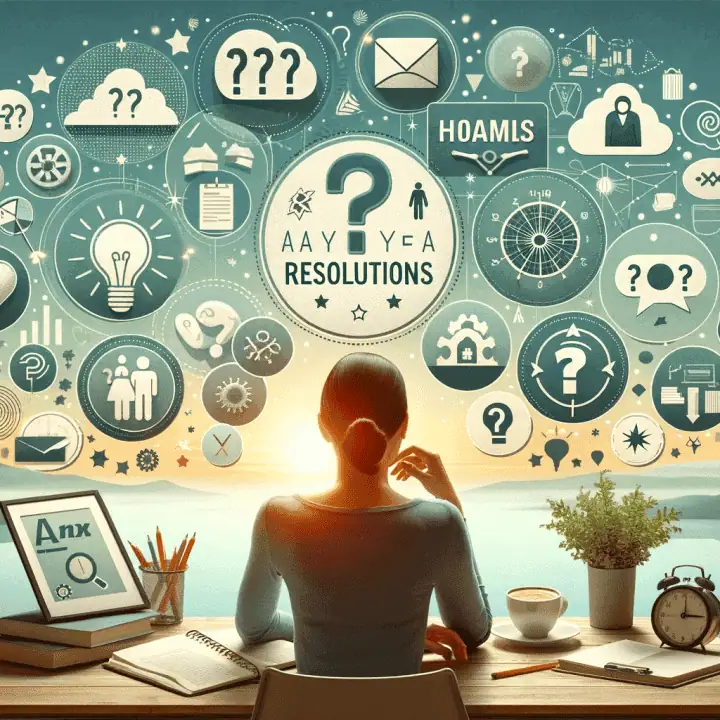What is NLP (Neuro-Linguistic Programming)?
NLP explores the relationship between how we think (neuro), how we communicate both verbally and non-verbally (linguistic), and our patterns of behaviour and emotion (programmes) (Collingwood & Collingwood; 2001).
It is both an epistemology, in that it studies how we know what we know, and a methodology for creating practical descriptions of how we function as human beings. The purpose of NLP is to study, describe, and transfer models of human excellence. (Modelling).
There are a number of other descriptions of what NLP is. The founders of NLP Dr. John Grinder and Richard Bandler defined NLP as “the study of the structure of subjective experience” (Dilts et al; 1980). Judith DeLozier and John Grinder (1987) define NLP as “an accelerated learning strategy for the detection and utilisation of patterns in the world“. We think of NLP as a field that explores “the patterns of organisation of effective human intuition” (Collingwood & Collingwood; 2001). Through modelling an expert’s intuitive application of their skill, we can, as neuro-linguistic programmers, have those patterns of organisation for ourselves and / or make them available to others. Modelling is the core function of NLP, learning to model (self and others) is the core activity of well-designed NLP practitioner and NLP master practitioner certification trainings. It is certainly at the core of our postgraduate qualification in NLP – 10970NAT Graduate Certificate in Neuro-Linguistic Programming.
The most precise definition is made by John Grinder and is found on the back cover page of our book, The NLP Field Guide Part 1 (2001). Grinder states, “NLP is a meta-discipline which focuses on the discovery and coding of patterns which distinguish the most capable of the practitioners of some particular discipline (managerial practice, medical practice, sports, therapy…) from the average practitioner. These distinguishing patterns are the substance of NLP”.
For practical purposes, learning NLP thoroughly will give you an edge when it comes to self-management, creative and abstract thinking, communicating with other people in multiple contexts and increasing your skill levels at work and in private life. Specifically, you will sharpen your observation and listening abilities and identify patterns in people’s behaviour and language so you can respond to the subtext of their communication. You will learn to communicate more effectively, create descriptions others can understand quickly, and ask apposite and penetrating questions that lead their thinking in useful directions. Cut through distractions or make conversation that is well received. Your own thinking will benefit from these skills as you learn to identify the direction you want to take in action and interaction. These benefits only happen to their full extent with live training and classroom practise of the full syllabus. If you settle for a short “practitioner” course, the chances are you will be given a sheaf of scripts that limit your ability to use the material creatively and naturally in real life.
References:
Collingwood, Jules., Collingwood, Chris. (2001) The NLP Field Guide; Part 1. A reference manual of Practitioner level patterns. Sydney, Australia: Emergent Publications.
Collingwood, Jules. (2016) Aegis; Patterns for extending your reach in life, work and leisure. Sydney, Australia: Emergent Publications.
DeLozier, Judith., Grinder, John. (1987) Turtles all the Way Down; Prerequisites to Personal Genius. Bonny Doon CA: Grinder, DeLozier and Associates.
Dilts, Robert., Grinder, John., Bandler, Richard., Cameron-Bandler, Leslie., DeLozier, Judith. (1980) Neuro-Linguistic Programming Volume 1; The study of the structure of subjective experience. Cupertino, CA: Meta Publications
Related articles
Learn more about NLP by reading our Ultimate NLP Compendium of NLP
(Note: If you would like to learn more about the New Code of NLP you can get a copy of our latest Kindle book ‘AEGIS: Patterns for extending your reach in life, work & leisure’ by Jules Collingwood, NLP Trainer. For only $4.99 here).
By Jules Collingwood, NLP Trainer at INSPIRITIVE
If you found this piece useful share it with your network!
Similar Posts
Subscribe Now!
Stay Up-to-Date with Our Latest Courses and Special Offers
Stay in the loop with new course releases and opportunities by completing our form. Never miss out!


